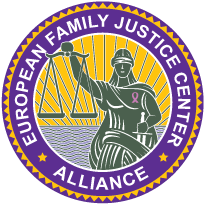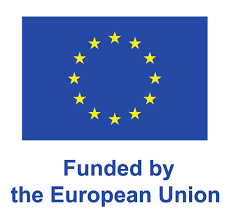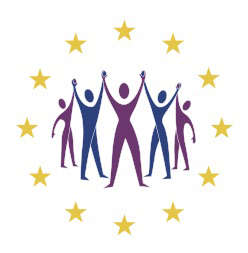Safe harbour - read more
The aim of Safe Harbor is to put these lessons into practice and anchor them in sustainable policies, supported by all 27 local authorities in the administrative district of Turnhout, each having their own OCMW.
The clients consist of victims and perpetrators of domestic violence within the administrative district of Turnhout. With this project, we aim to achieve two objectives. (1) The first objective is to provide the most suitable support to individuals, particularly women, who are victims of domestic violence. (2) The second objective is to establish the Safe Harbor II project as a structural part of the administrative district of Turnhout. Structurally means that the hotel expenses are financed by the local authorities.
From the first objective, we want to ensure the need for physical distance to guarantee safety. The second objective is to integrate support from the OCMW's and CAW De Kempen, in addition to the need for physical distance, to provide enhanced support for safety. By providing funding for the hotel expenses, we guarantee accessible and almost unconditional shelter options. If there is a need to flee, shelter can be accessed, and if desired by the client, assistance as well. This approach allows the victim to make decisions and empowers her to identify and articulate her wants and needs. The "almost unconditional" aspect enables the client to find her own path, around which we can work.
Based on our experience from Safe Haven I, we found that not all individuals required a shelter but often needed short-term stays. These short-term stays allowed the victims to find peace and, together with the counselor, determine the most appropriate form of assistance and guidance, including through a physical screening.
The independence of the victims often influenced the duration of their short-term stay. A hotel room potentially provides a more familiar context for the victim, allowing them to remain within society and maintain their independence.
This approach offers a more accessible, quicker, and empowering form of assistance, leading to the least intrusive but most appropriate support. It allows the victims to tap into their own strengths. As counselors, our goal is not to take over but to ensure safety, provide peace, and develop a plan of action or safety plan. Once the victims are safe and have found peace, they often have a clear understanding of what needs to change and how. We facilitate, provide information, answer questions, offer initial legal guidance on options, and help build bridges with family, friends, or other support services.
The target group of the Safe Haven II project is broad, as it encompasses all victims. However, the project pays special attention to individuals who have the capacity to move forward independently within seven days in a safe environment. This particular group currently has the fewest options available to them. Broadly speaking, they have two choices: they either have to resolve the situation on their own or seek secured shelter. These victims need a middle ground where they are empowered to take control. An example from our previous project, Safe Haven I, illustrates this. More than once, victims had already left before the first counselor arrived in the morning. These victims needed immediate assistance in the "here and now." The fact that victims have the opportunity to express "ENOUGH IS ENOUGH!" or "WE NEED TO GET OUT OF HERE!" and receive prompt support through a low-threshold and free service should not be underestimated. Sometimes, knowing that support is available is enough to empower individuals and encourage them to take independent steps.
During the hotel stay, a comprehensive screening is conducted, and contact can be made with family or friends. Connections are established with social partners such as OCMWs, the judiciary, or other support services. Contact can also be made with the perpetrator. The 7-day period during which the victims can use the hotel room, often requiring less time and allows them to regain perspective. CAW De Kempen also provides specialized support through outpatient guidance for intrafamily violence.


